
views
New Delhi: A special court on Tuesday convicted 31 under-trials and acquitted 63 for burning down coach S-6 of the Sabarmati Express near Godhra Railway Station on February 27, 2002 – an act of violence that killed 59 passengers. Moreover, the court also upheld the conspiracy theory behind the burning of the train. ibnlive invited noted social activist Teesta Setalvad for a live chat with our readers on the verdict and its implications on other Gujarat riots cases.
When asked if her campaign against Gujarat CM Narendra Modi is over with the Godhra verdict, she said the judicial battle for accountability in Gujarat is still very much on. "The persons in power when such incidents happen signal by words or a gesture how the administration reacts. When many of us say that the Chief Minister bears the professional and ethical responsibility for the violence that engulfed 19 districts and claimed innocent lives, even an expression of genuine remorse or even an acknowledgment that what went wrong on his watch was his responsibility would have gone a long way," she added.
The activist, whose NGO - Citizens for Justice and Peace - has filed numerous cases in various Gujarat courts on the 2002 carnage, also suggested that the judicial process in such cases should be moved out of the state to prevent their politicisation. She said, "When such gruesome incidents take place, like the Godhra mass burning and the post-Godhra killings, such cases should be tried on neutral territory - out of the state where they occur - after being investigated by an insulated and independent investigating agency."
Teesta, however, suggested that cases of such nature should be treated with the urgency they demand. She said, "Cases with such implications and ramifications simply should not take so long. We petitioned the SC for transfer of investigation from Gujarat Police to CBI on May 2, 2002, i.e. within months of the tragedy. The SC in its wisdom appointed the SIT (headed by former CBI director Dr Raghavan ) on March 26, 2008, that is nearly six years later. If this decision from the highest court had come earlier, we would have collectively saved six years."
Teesta also questioned the role of state agencies in investigating cases like the Gujarat carnage of 2002, "The time has come for all of us concerned with violence to campaign and petition the government for not just an indepedent police force (like the Supreme Court has decreed) but also de-linking the Central Bureau of Investigation from the control of the party in power at the Centre."
Teesta also questioned the conspiracy theory behind the Godhra train carnage. When asked to explain, she said, "Many of the statements recorded claiming conspiracy were recorded in suspicipous circumstances, post facto. Even the Honourable Judge appears to have (since I dont have the copy of the judgment in hand) discounted the evidence of nine BJP witnesses who, out of political rivalries at the Godhra level, had falsely indicted Maulvi Umerji and advocate Kalota. The fact that as many as 63 persons have been acquitted tells a story by itself."
When a reader asked why she sounded so prejudiced, she replied, "Prejudice means that one is unable to see all shades of the truth and evaluate incidents, events and trends rationally. Prejudice lies in those who believe that an incident like Godhra calls for a reaction like the post-Godhra genocidal carnage and are unable to condemn both in the same unequivocal terms."
(Click here for a full transcript of the chat)










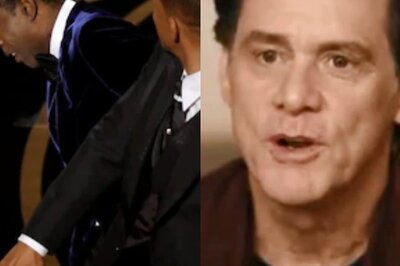


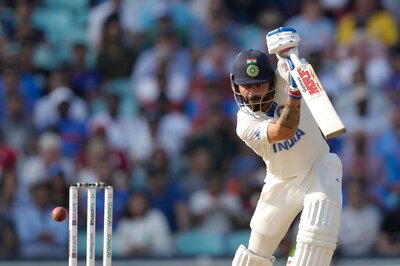

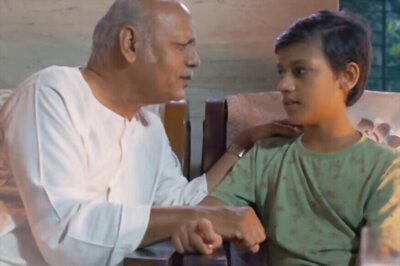

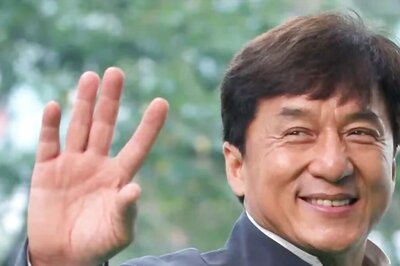
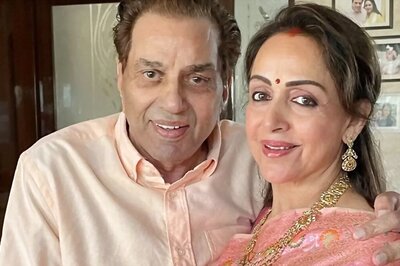

Comments
0 comment